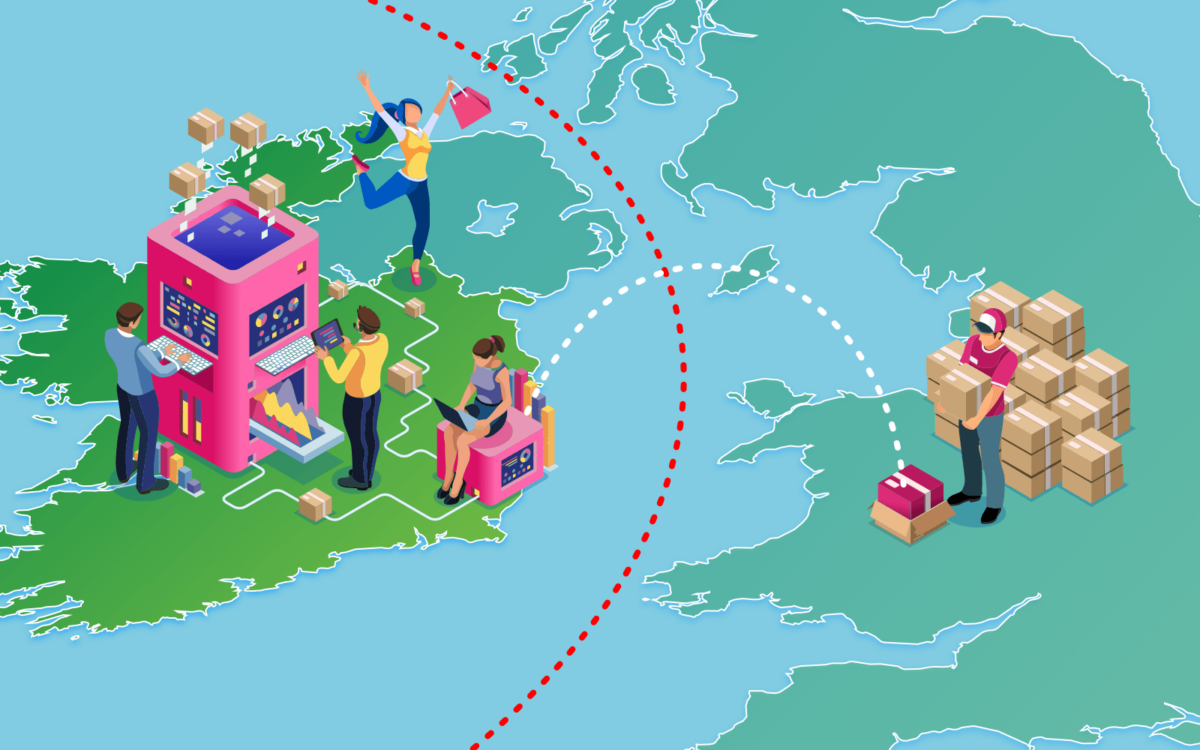
Fluid international trade is an essential part of progressive links between governments and keeping the world’s economy ticking over.
For each and every company engaged with customers outside of its own home territory, however, the ability to ensure that business continues without a hitch could be regarded as having even more immediate importance.
Ahead of the UK’s withdrawal from the European Union, the London Government pledged to establish “world’s most effective border” by 2025.
Yet a report published in the last week by the country’s National Audit Office (NAO) set out just how far behind schedule and over budget those plans now are.
Its conclusions illustrate why COLL-8 Logistics has seen a surge in demand for its automated customs clearance system by businesses who recognise its ability to overcome the current difficulties.
The NAO detailed how delays in the system designed to ease the flow of goods between the UK and the rest of the world following the end of the Brexit transition period in December 2020 were set to push up the cost of the project by £4.7 billion.
Issues with the technology required to underpin the “digitally-enhanced border” mean, according to the NAO, that instead of being fully implemented next year, it will only be delivered “incrementally” by 2027.
The findings will doubtless come as a great disappointment to companies seeking to exploit potential in overseas markets such as Ireland.
Just why is spelt out in figures newly released by the Department for Business and Trade which show that the Republic is the UK’s sixth biggest global trading partner, accounting for £89.3 billion in the last financial year – an increase of seven per cent or £5.8 billion in the last 12 months.
The problems determined by the NAO have created “uncertainty” for businesses as well as “additional costs and administrative burdens”, the very things which can deter companies from wanting to sell their products and services abroad.
That is borne out by the results of a survey conducted by the UK’s Office for National Statistics (ONS) which found that British firms engaged in foreign trade were both exporting and importing less since Brexit because of higher costs.
Many businesses, of course, are not easily deterred but are instead keen to find cost-efficient and truly effective ways to overcome the challenges identified by the NAO.
They include UK-based retailers who fully appreciate the appeal of markets like Ireland for future sales.
Recent forecasts have suggested that Irish shoppers are likely to place orders worth more than €7.1 billion online this year – up 11.6 per cent on the figure for 2023.
In the last 12 months, COLL-8 has seen a further rise in the number of brands using the customs clearance system which it developed in-house.
During the final fortnight of the pre-Christmas parcel peak, in fact, we handled more than one million such documents – twice our average across the rest of the calendar year – on behalf of leading UK retailers.
The volumes reinforced COLL-8’s position as Ireland’s leading customs clearance operator and fully justified the investments in IT, personnel and depots which we have made.
Our workload shows no sign of slowing down, not least because brands are aware that the UK’s border system will not be fully operational for some time to come.
They cannot afford to wait and have told us that they would prefer to use a reliable and robust method for dealing with the post-Brexit customs administration now than discover in several years if the official alternative will be up to scratch or not.